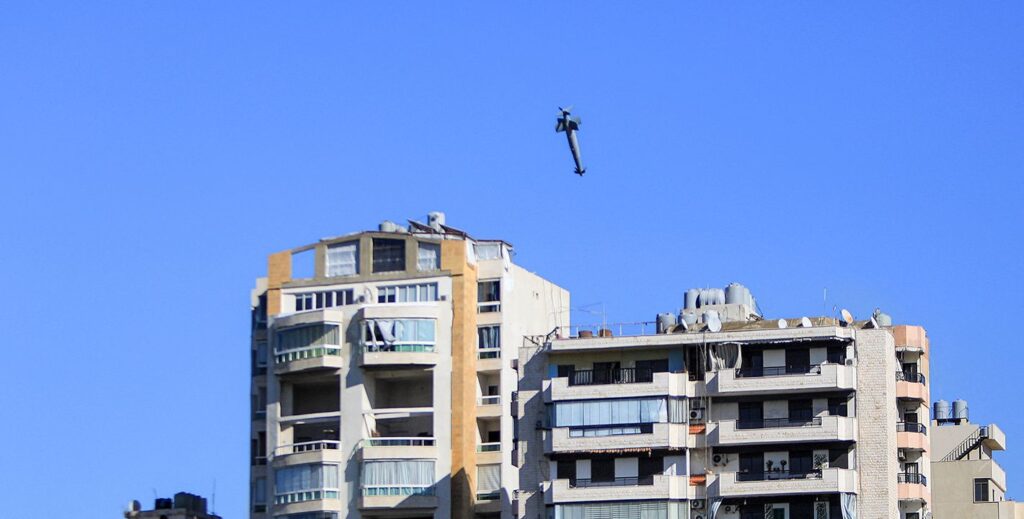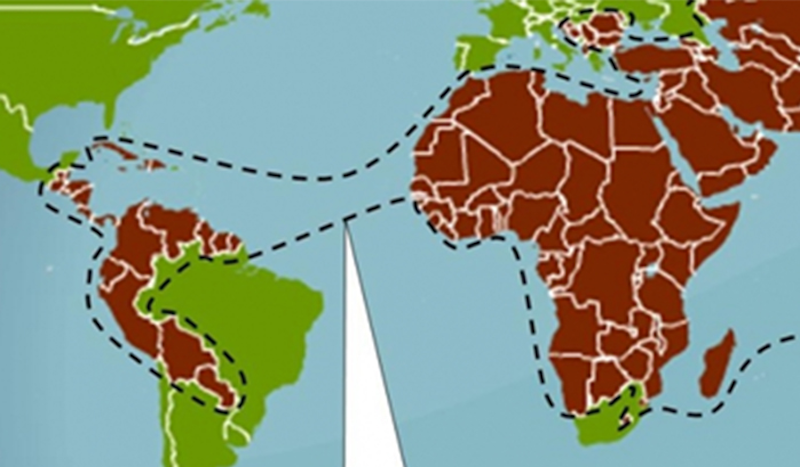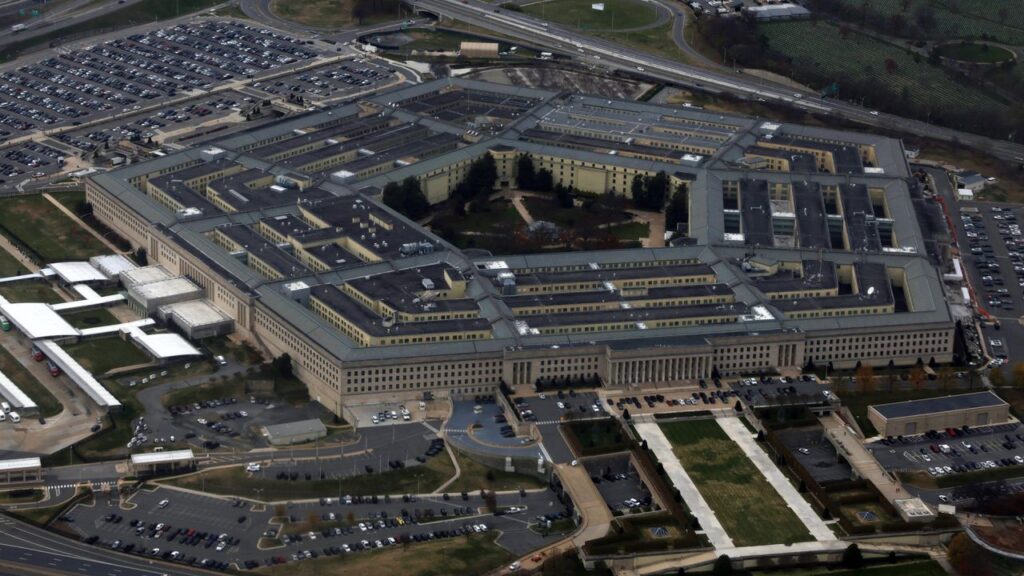Is Hezbollah Moving In?

The allegation that the party seeks to revive its military capabilities in non-Shiite areas is much easier said than done.
As the Lebanese watch with horror Israel’s systematic destruction of villages, towns, and neighborhoods in predominantly Shiite areas of Beirut’s southern suburbs, South Lebanon, and the Beqaa Valley, they are also thinking of the demographic implications this may have once the conflict ends.









